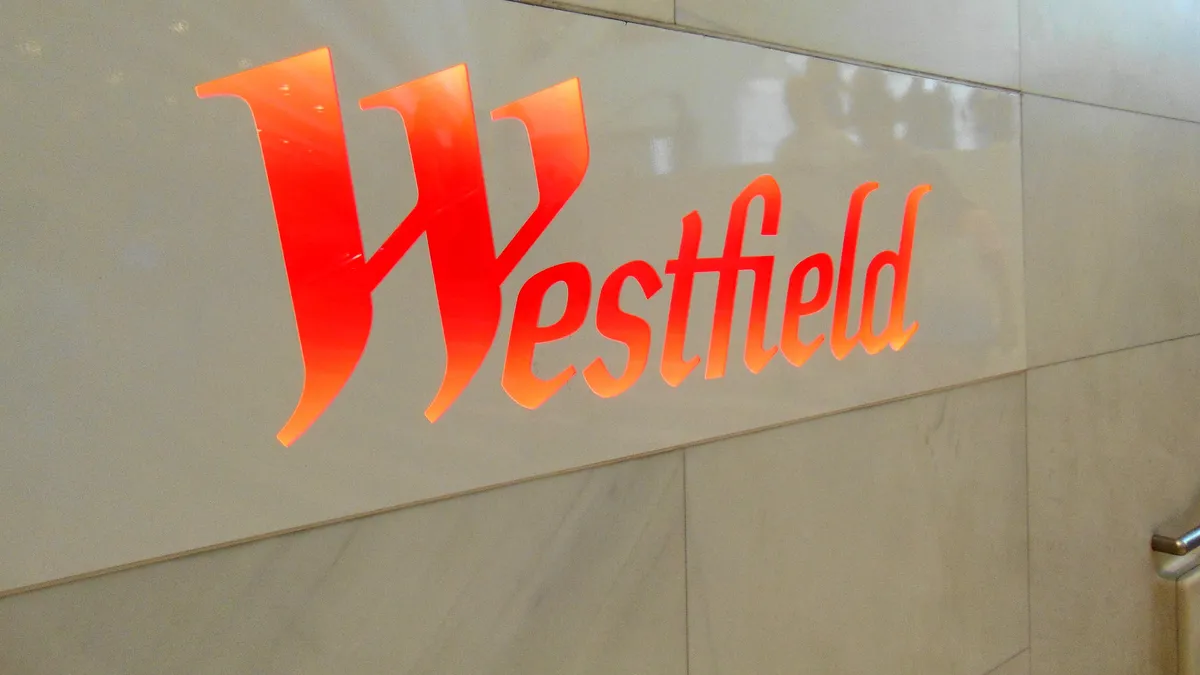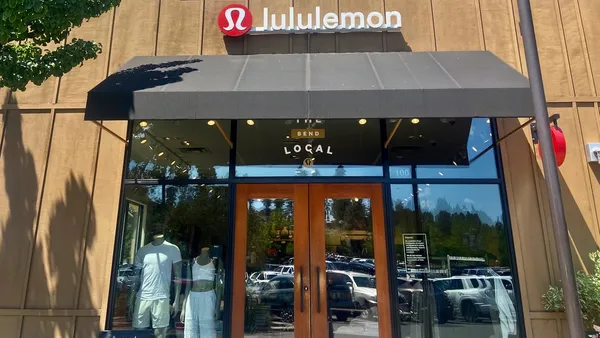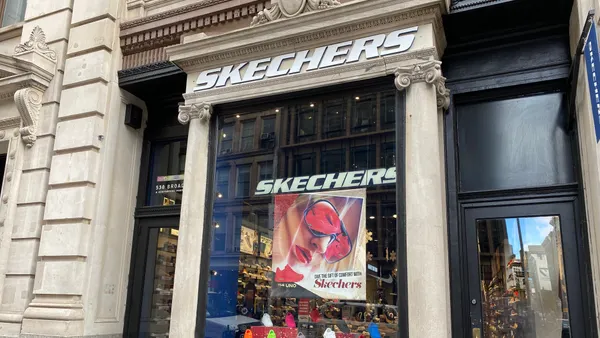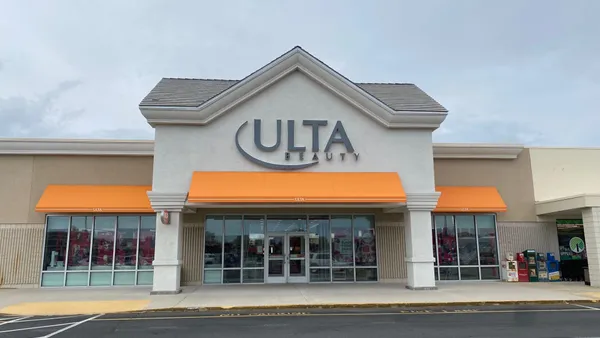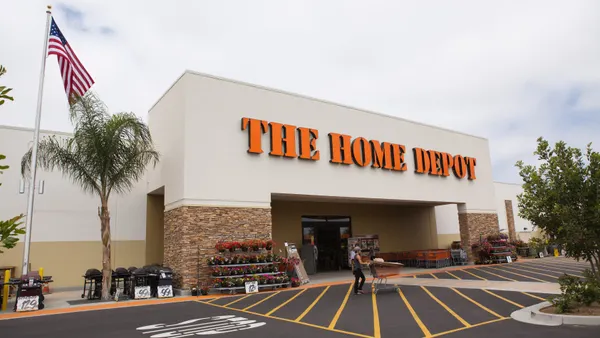Dive Brief:
- The parent of the Westfield Broward mall in Plantation, Florida, is turning over the property to lenders and its operations to a receiver.
- In an emailed statement, Unibail-Rodamco-Westfield said that the development is part of a "continued strategy to rebalance our portfolio and divest certain assets." The company added that it is "committed to ensuring a smooth transition to new ownership" and would continue operating through the process.
- According to Trepp, a research and data firm focused on the commercial real estate market, no payments have been made on the Broward mall loan since April 2020.
Dive Insight:
As retail sales and foot traffic recover broadly, the aftershocks of 2020 — not to mention the preceding years of sharp declines at many malls — are still being felt.
Mall operators as an industry suffered widespread shortfalls in rent revenue last year as their retail tenants went through pandemic-driven financial convulsions. Stores closed and, when they reopened, often faced long-running declines in traffic and sales. By skipping, cutting or delaying rent, retailers passed the pain up the chain to landlords, who, of course, have their own obligations to pay.
Along with revenue drops, thousands of stores permanently closed in 2020 either through bankruptcy restructurings, liquidations or through footprint management by healthier players. Green Street has estimated that five to 10 years' worth of store contraction will take place in just two. Coresight Research has predicted that some 20% to 25% of malls will close over the next three to five years, most probably lower-end malls, Coresight CEO and founder Deborah Weinswig told Retail Dive earlier this year. And retailers' rent woes are not over yet.
In that environment, a handful of mall operators have filed for bankruptcy as a path to restructuring, including PREIT, CBL & Associates Properties and, more recently, Washington Prime. Triple Five Group, owner of Mall of America and the American Dream mall, reportedly turned over a stake in the Minnesota-based Mall of America after New Jersey-based American Dream ran into cash problems. (A stake in the former was used as collateral on a loan for the latter.)
Many of these outcomes are driven by strategic decisions as mall owners and operators reposition their portfolios and reduce their exposure to geographies and mall types.
Westfield, for example, has signaled plans to exit a significant chunk of its U.S. mall portfolio so it can focus on Europe. Last year, Westfield divested its struggling Meriden mall in Connecticut, as well as Westfield's Siesta Key and Sunrise malls. Over the past year, tenant sales in Unibail-Rodamco-Westfield's U.S. malls were down 44%, more than any country the company operates in except for the U.K.
"[W]e see this more as a move to rebalance their own global real estate portfolio and focus on where they'll get the most return, than as an indication that the underlying assets will continue to underperform," Coresight's Weinswig told Retail Dive of Westfield's U.S. pullback. "We still believe that well located retail real estate will hold its value and that as brick and mortar reinvents itself, that prime properties will once again thrive."



